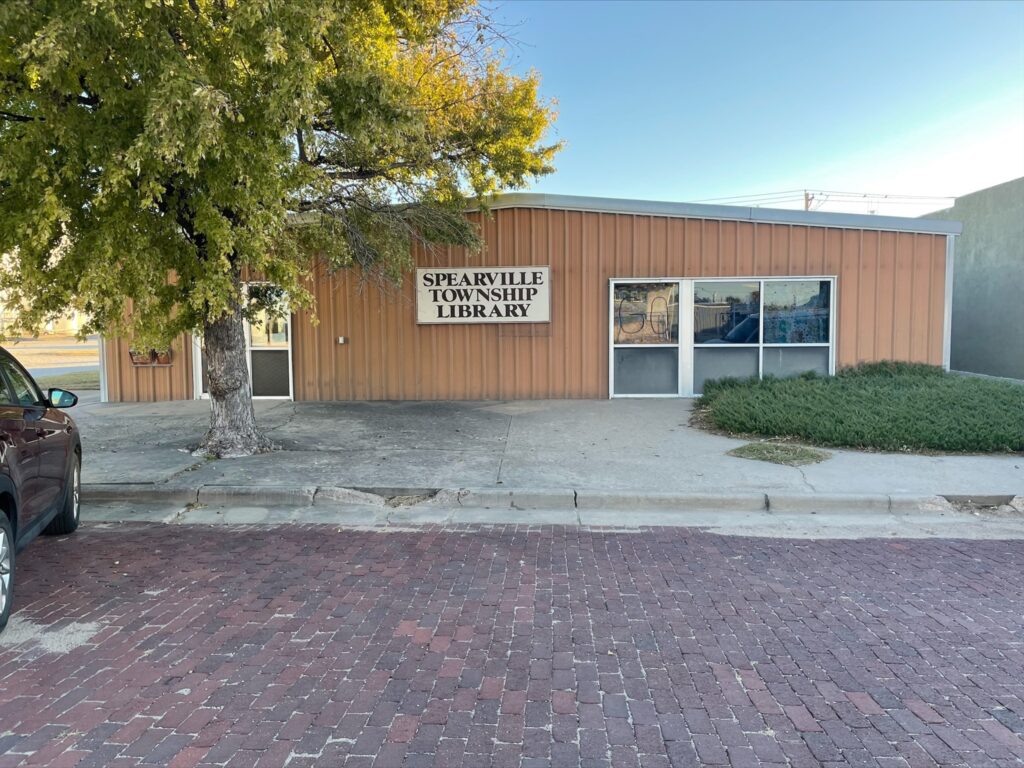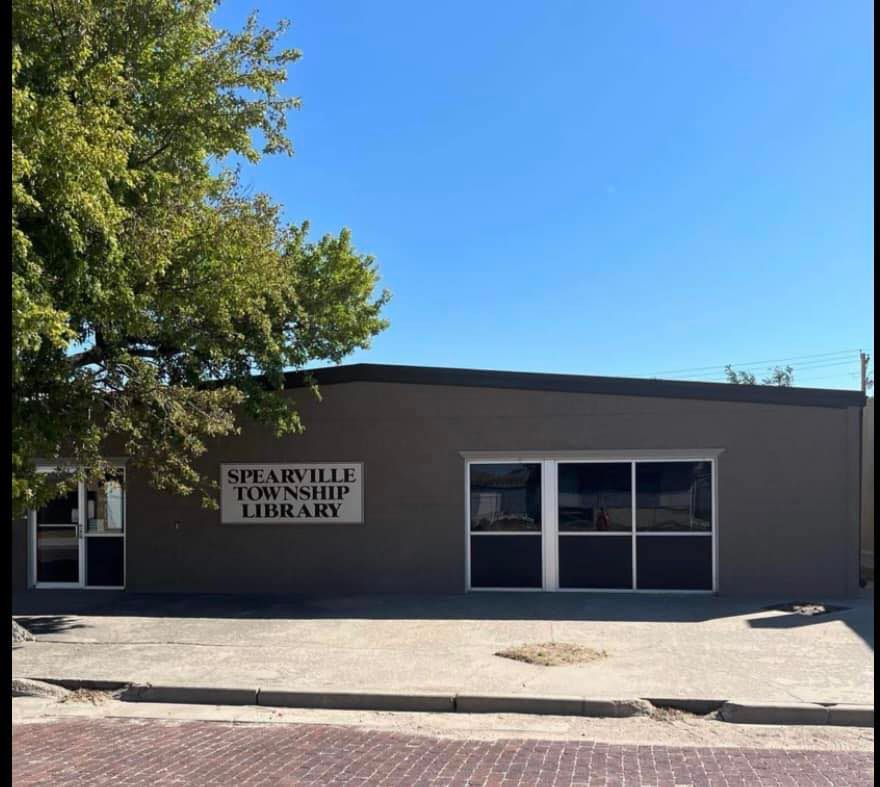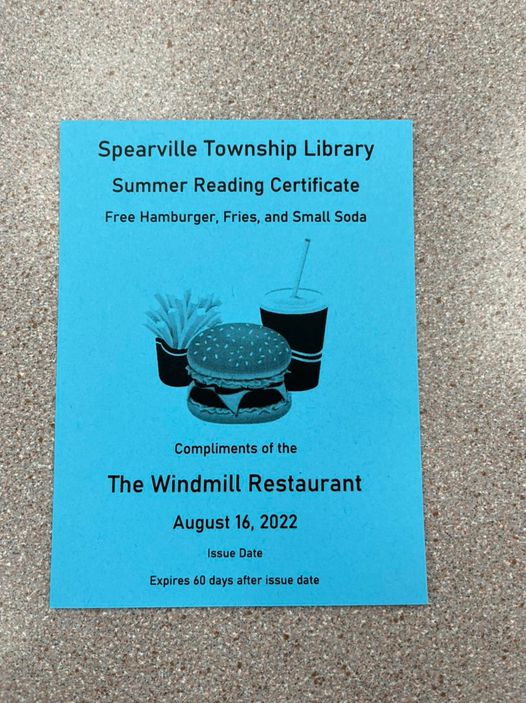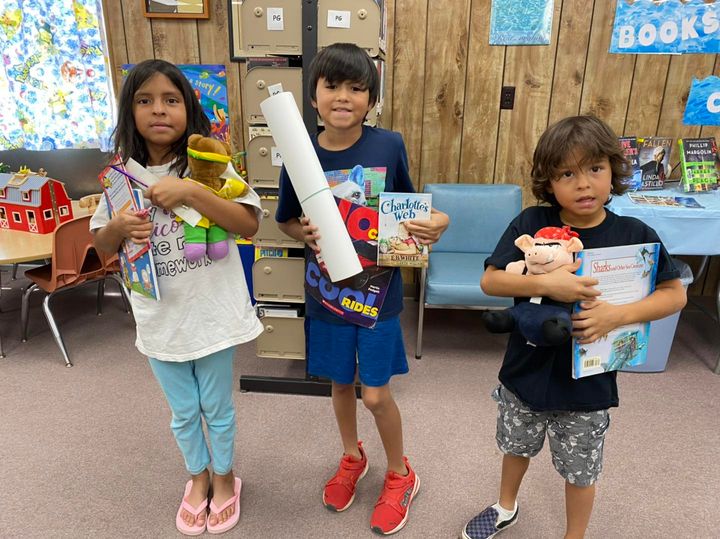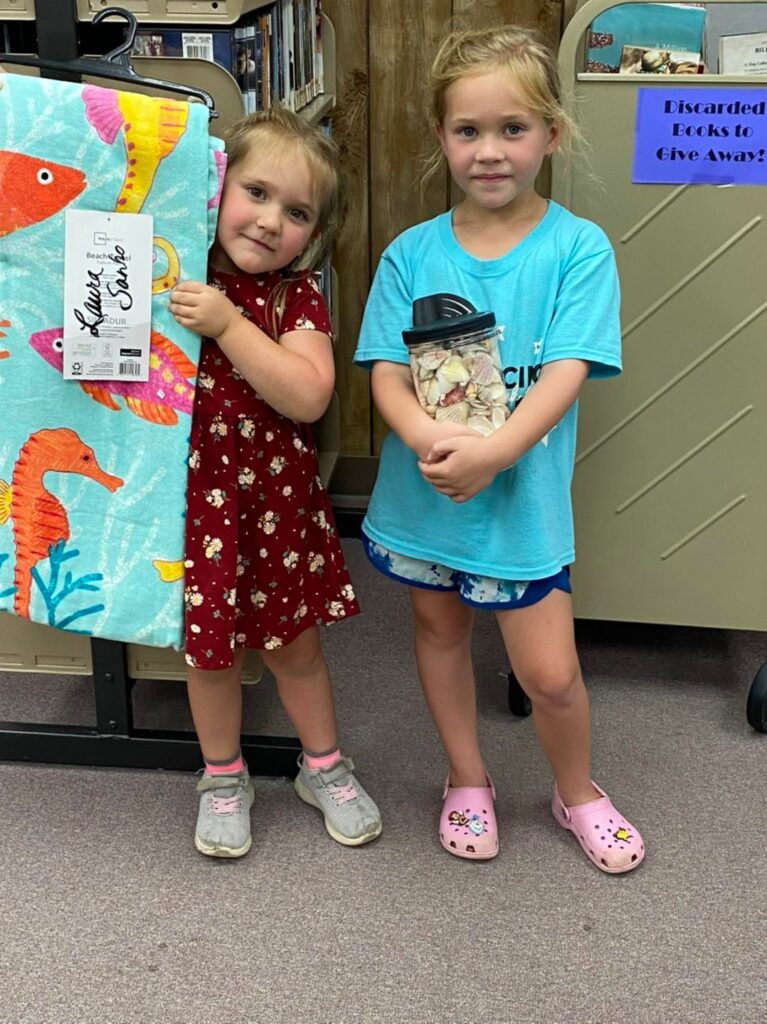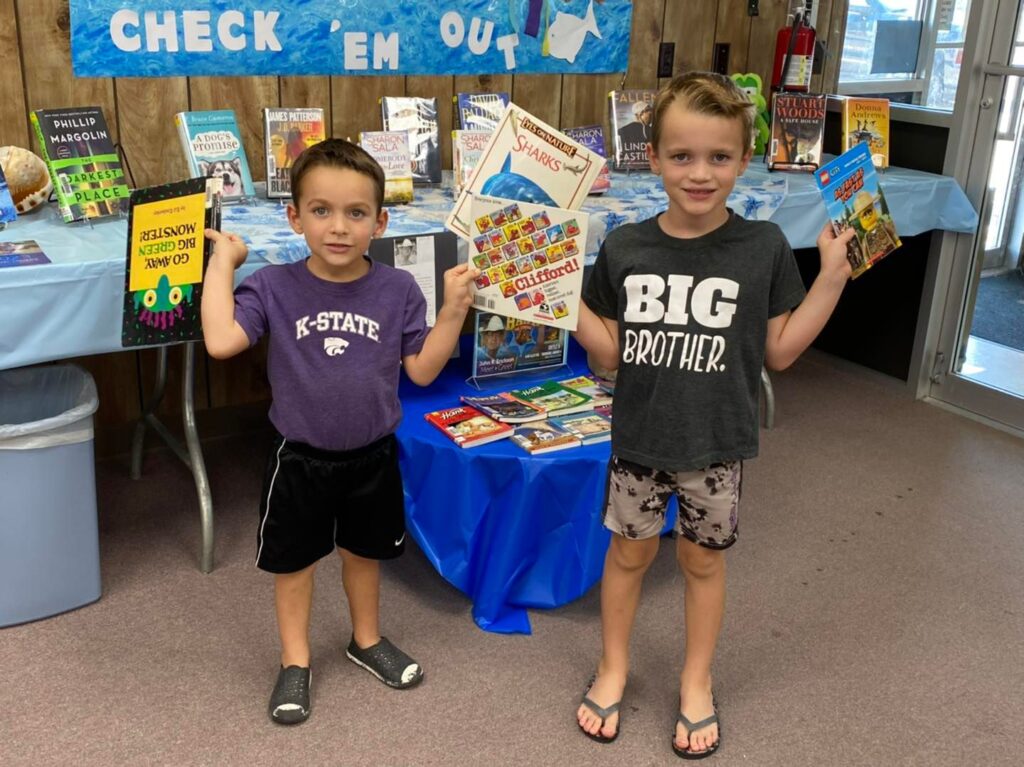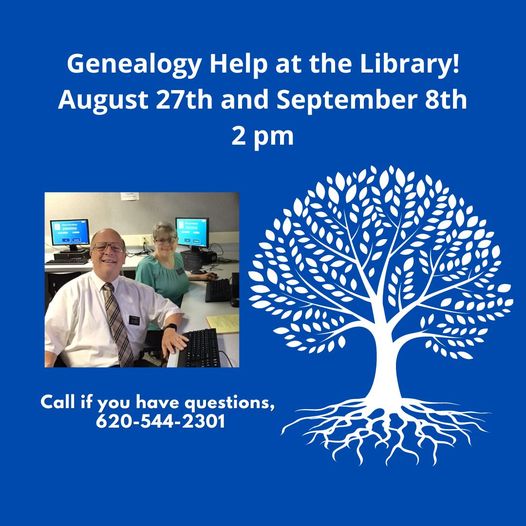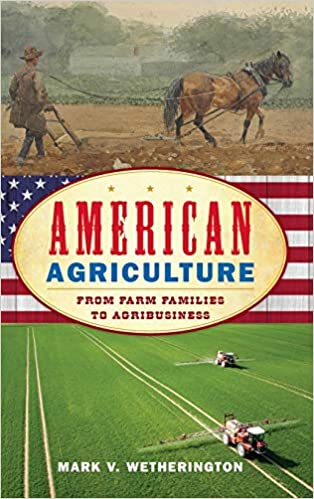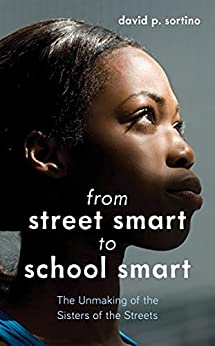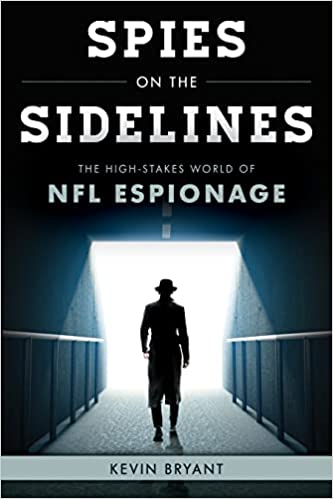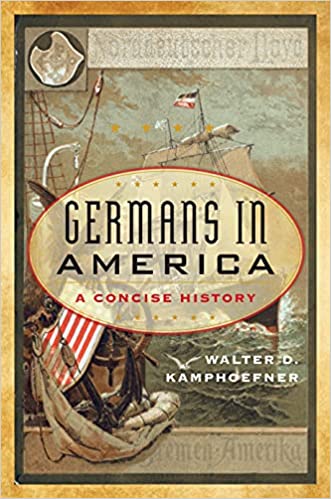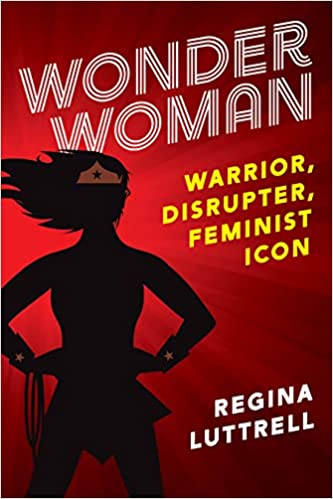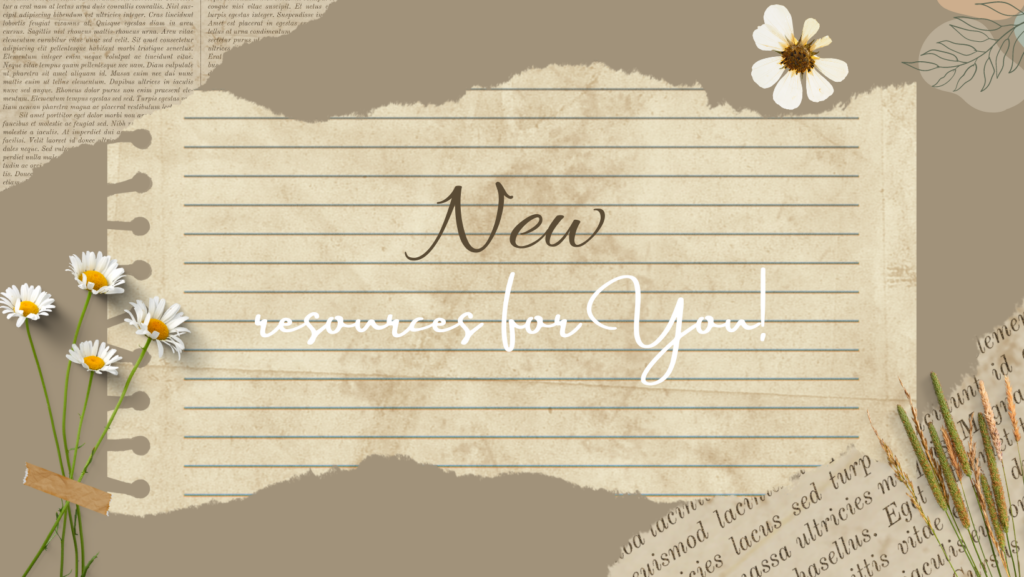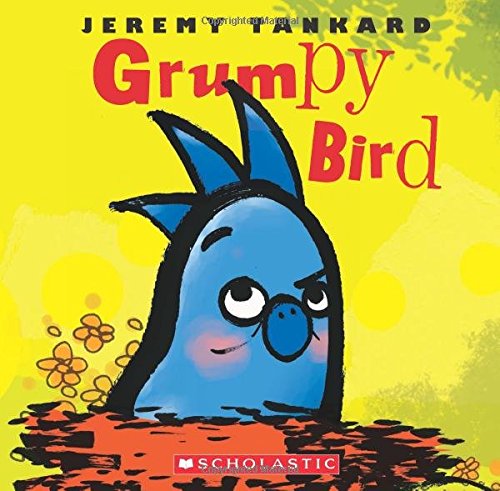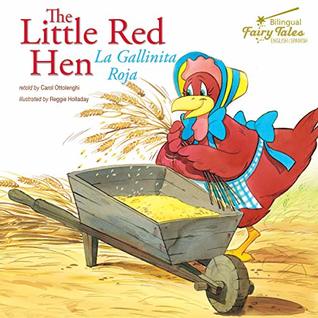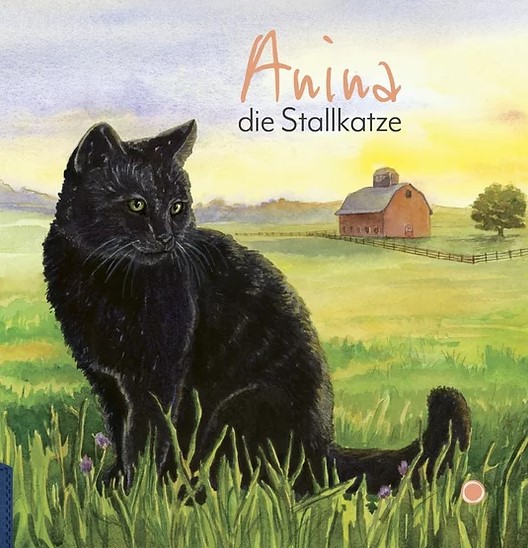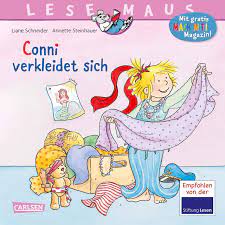Future Dates & Training Opportunities
August 29, 2022, at 10:00 am – New SEED Grant Webinar/Registration Link
September 8, 2022 – After Lunch Course “Cultural Humility”
September 9, 2022 at 10:00 am – Full Board Meeting RNR/Budget Hearing at Dodge City Public Library/Registration Link
September 13, 2022 – In-Person CE Opportunity for SHAREit in Salina. (Details below.)
September 14, 2022 – In-Person CE Opportunity for SHAREit in Topeka. (Details below.)
September 14 -17, 2022 – ARSL Conference in Chattanooga, TN / Registration Link
September 30, 2022 – Tech Day+ 2022/Registration Link
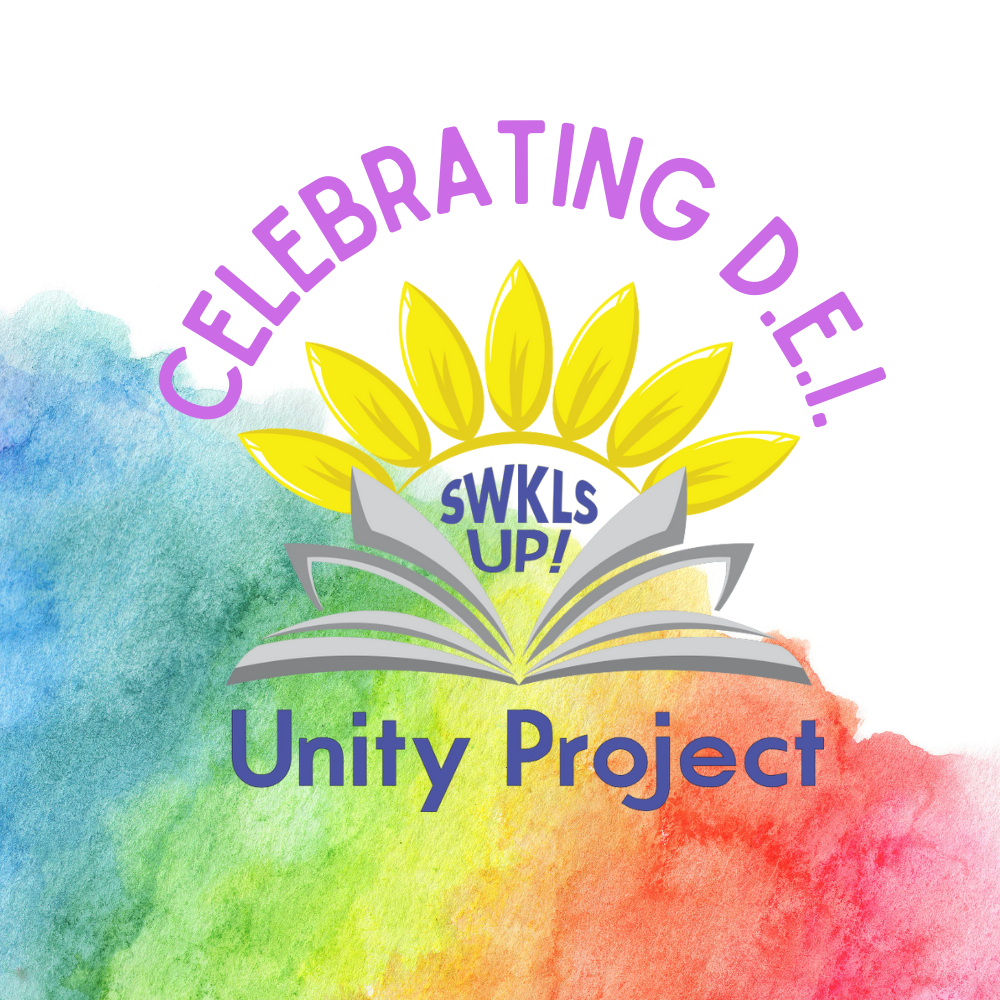 October 4, 2022, at 2PM CT – DEI Train U.P.! with Paola Varela-Tena (Hamilton Co. Library) and Christina Cotton (Baker & Taylor), re: collection development and censorship.
October 4, 2022, at 2PM CT – DEI Train U.P.! with Paola Varela-Tena (Hamilton Co. Library) and Christina Cotton (Baker & Taylor), re: collection development and censorship.
October 26-28, 2022 – KLA Conference in Wichita/Registration Link
November 4, 2022 – Tentative date for our 3rd annual “Crafting Your Collection” – This cataloging workshop will be 100% online.
December 8, 2022 – After Lunch Course “Lead From Where You Are”
System Spotlight
By Jody Hattrup
Spearville Township Library
Spearville Township Library started its Renovation Project in March of 2022. They have replaced the roof and have completed the stucco of the exterior walls. They continue to plan to improve the sidewalks and parking bumpers. Spearville community is fortunate they have a grant program within their community. The grant program is funded by the Feist Family. The library plans to apply for the Feist grant where they will be able to complete the interior project with new paint, cabinets, carpet, and countertops.
Spearville Township brought a new program to its library in the month of July. Pre-K students came to the library to do story hour. They are able to have volunteers to help with the story hour as well as the Literacy Bus was able to come over from Dodge City a couple of times within the month. This year for Summer Reading Program they partnered up with their local restaurant, The Windmill Restaurant. They were able to give the children that completed the Reading Program a free hamburger, fries, and small soda.
Stevens County Library Fun Programming
Consulting
By Richard Brookman
KLA’s “Rebuilding & Reconnecting” 2022 Conference Registration Open!
The Kansas Library Association has formally opened registration for the 2022 Libraries: Rebuilding & Reconnecting Conference. The conference is in Wichita again this year. It begins October 26 and goes through the 28. You can register at this link, which also gives you additional information such as: Hyatt Regency Hotel rates, Keynote Speakers, and Author Events. Early Bird registration will be open from now until October 2.
KLAEF Conference Mini-Grant
The Kansas Library Association Educational Foundation wants to reminded everyone that if you plan to attend the 2022 KLA Conference that they have their conference Mini-Grant that you can apply for. The guidelines are:
1. Any current KLA member may apply for up to $200 to help defray the cost of attending the Kansas Library Conference.
2. Submit a budget for your anticipated expenses. Include where else you have asked for or received funds. You may include the costs for items such as registration; food; lodging; transportation; substitute help or child care. Car mileage will be calculated at the current IRS defined rate per mile.
3. Priority will be given to KLA members who have not received any KLAEF funds – for grants or scholarships – in the past 2 years.
4. All grants are reimbursements since approval may not be available until after the event.
5. Applications will be accepted from July until one week before Conference.
To print out these guidelines you can visit the Foundation’s page through this link. To apply for the Mini-Grant you will need to jump over to this page to complete the online application. The deadline for accepting applications is set for September 1, 2022.
New SEED Grant Coming Soon!
State Librarian Ray Walling has recently sent out an email about a new grant opportunity for libraries to be a part of. The new program is entitled Strategic Economic Expansion and Development (SEED) program. This program has four categories and libraries is one of those categories.
The type of projects that can be submittal for consideration for libraries are (Click here to visit the website) or continue reading:
Libraries – This category intends to support public libraries and empower them to continue to provide free and open access to a broad range of materials and services for people of all ages and backgrounds. Funding in this category will support the following uses:
- Purchase of books and related reading materials
- Laptops, tablets, Wi-Fi hot spots and other equipment to help patrons access reliable internet outside of library facilities and to help them connect to employment, education, general information, and essential telehealth services
- Physical improvements to library facilities including but not limited to carpet, roofs, entryways, or meeting rooms
- Purchase of furniture to benefit library patrons, such as new reading chairs, installation of coffee makers, tables and kiosks, etc.
The applications are not available yet. They have a webinar for interested parties this Monday, August 29, at 10:00 am CT. You can register to attend the webinar through this link and scroll down to the tab labeled “Webinar Sign Up”. Applications will be open after the webinar at 11:59 am.
The email from the State Library and the information page does not give out much information so I am hoping the webinar will be an opportunity to learn the ins-and-outs of the grant application and responsibility. Some things I am interested in finding out is:
- Is this a competitive grant?
- It is a matching grant with a minimum of 10% of requested funds match. In some grants will the percentage of match be higher? The “minimum” wording is what is throwing me.
- Will there be any “give” to the 12 month completion time frame for building improvements? With the way shipping and construction materials being in limited supply will there be any forgiveness on building improvements if they are not complete within the time frame?
- The same with furniture and technology. With limited supplies and shipping will they accept a purchase order if the furniture or equipment have not arrived to the library within the 12 month period?
So I will be attending the webinar to see if these type of questions will be addressed.
Cataloging, Collection Development, and ILL
By Kelly Easton & Sara Wilson
 Exciting & New(-ish)
Exciting & New(-ish)
New to our Professional Collection:
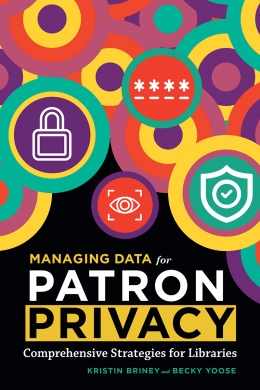
Libraries are not exempt from the financial costs of data breaches or leaks, no matter the size. Whether from a library worker unwittingly sharing a patron’s address with a perpetrator of domestic violence to leaving sensitive patron data unprotected, patrons can also pay a hefty price when libraries fail to manage patron data securely and ethically. In this guide, readers will learn concrete action steps for putting the ethical management of data into practice, following two common public and academic library cumulative case studies. The authors explore such key topics as:
- succinct summaries of major U.S. laws and other regulations and standards governing patron data management;
- information security practices to protect patrons and libraries from common threats;
- how to navigate barriers in organizational culture when implementing data privacy measures;
- sources for publicly available, customizable privacy training material for library workers;
- the data life cycle from planning and collecting to disposal;
- how to conduct a data inventory;
- understanding the associated privacy risks of different types of library data;
- why the current popular model of library assessment can become a huge privacy invasion;
- addressing key topics while keeping your privacy policy clear and understandable to patrons; and
- data privacy and security provisions to look for in vendor contracts.
(Description from Amazon)
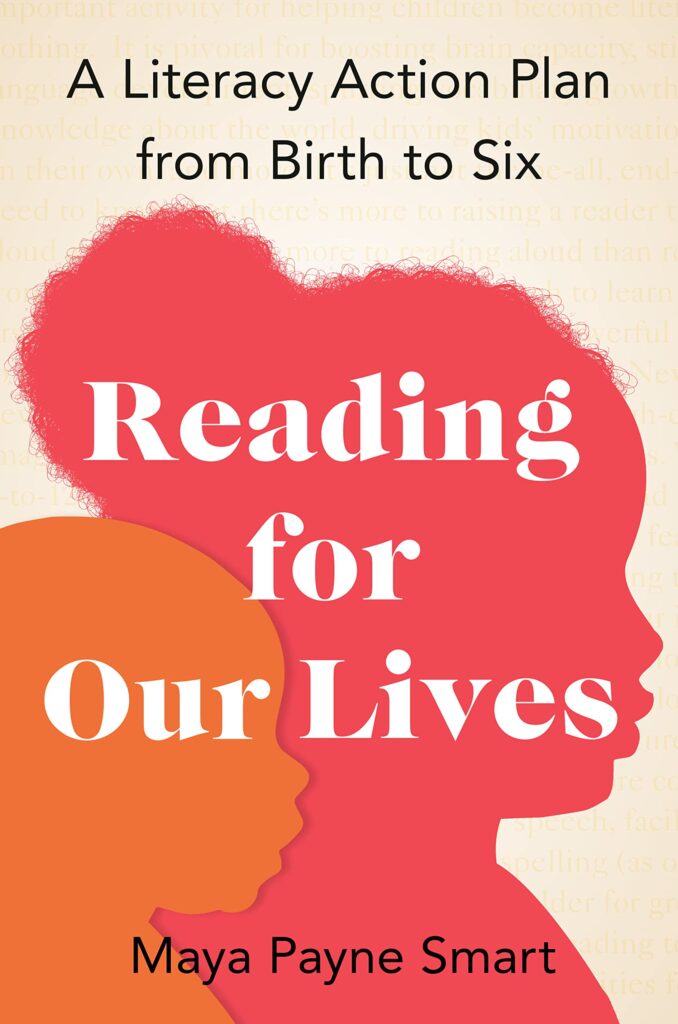
When her child went off to school, Maya Smart was shocked to discover that a good education in America is a long shot, in ways that few parents fully appreciate. Our current approach to literacy offers too little, too late, and attempting to play catch-up when our kids get to kindergarten can no longer be our default strategy. We have to start at the top. The brain architecture for reading develops rapidly during infancy, and early language experiences are critical to building it. That means parents’ work as children’s first teachers begins from day one too—and we need deeper knowledge to play our positions.
Reading for Our Lives challenges the bath-book-bed mantra and the idea that reading aloud to our kids is enough to ensure school readiness. Instead, it gives parents easy, immediate, and accessible ways to nurture language and literacy development from the start. Through personal stories, historical accounts, scholarly research, and practical tips, this book presents the life-and-death urgency of literacy, investigates inequity in reading achievement, and illuminates a path to a true, transformative education for all.
(Description from Amazon)

Is your book club feeling stale or uninspired? Has attendance dropped, or are you struggling to keep your patrons engaged? What you need is a reboot. This resource published in cooperation with ALA’s Public Programs Office profiles dozens of successful book clubs across the country. Its diverse cross-section of ideas will inspire you to rethink your reading groups and try out new ways to better meet your library’s and community’s needs. Drawn from responses collected through social media, electronic mailing lists, e-newsletters, websites, as well as the authors’ own research, this book
- outlines the main reasons that traditional book clubs can grow stagnant over time and offers concrete advice on how to change things up;
- shares such real-world initiatives as a “walk and talk” book club, book clubs held in non-library spaces like ferries and bars, a discussion group for presidential history buffs, programming for people with developmental disabilities, a partnership with a health clinic network, and many others;
- includes programs from a wide range of library types (public, school, academic) and sizes;
- features short, easily scannable chapters that are convenient for browsing; and
- provides a handy list of resources for additional information.
You’ll find the keys to creating a book club your community will love among the abundance of ideas offered in this book.
(Description from Amazon)
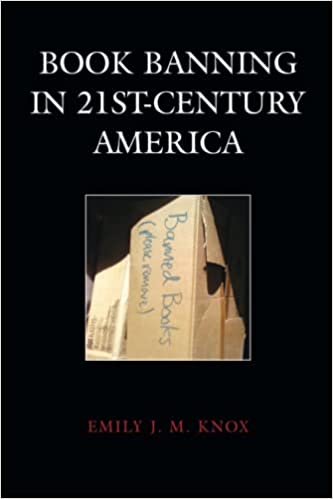
Requests for the removal, relocation, and restriction of books—also known as challenges—occur with some frequency in the United States. Book Banning in 21st-Century American Libraries, based on thirteen contemporary book challenge cases in schools and public libraries across the United States argues that understanding contemporary reading practices, especially interpretive strategies, is vital to understanding why people attempt to censor books in schools and public libraries.
Previous research on censorship tends to focus on legal frameworks centered on Supreme Court cases, historical case studies, and bibliographies of texts that are targeted for removal or relocation and is often concerned with how censorship occurs. The current project, on the other hand, is focused on the why of censorship and posits that many censorship behaviors and practices, such as challenging books, are intimately tied to the how one understands the practice of reading and its effects on character development and behavior. It discusses reading as a social practice that has changed over time and encompasses different physical modalities and interpretive strategies. In order to understand why people challenge books, it presents a model of how the practice of reading is understood by challengers including “what it means” to read a text, and especially how one constructs the idea of “appropriate” reading materials.
The book is based on three different kinds sources. The first consists of documents including requests for reconsideration and letters, obtained via Freedom of Information Act requests to governing bodies, produced in the course of challenge cases. Recordings of book challenge public hearings constitute the second source of data. Finally, the third source of data is interviews with challengers themselves.
The book offers a model of the reading practices of challengers. It demonstrates that challengers are particularly influenced by what might be called a literal “common sense” orientation to text wherein there is little room for polysemic interpretation (multiple meanings for text). That is, the meaning of texts is always clear and there is only one avenue for interpretation. This common sense interpretive strategy is coupled with what Cathy Davidson calls “undisciplined imagination” wherein the reader is unable to maintain distance between the events in a text and his or her own response. These reading practices broaden our understanding of why people attempt to censor books in public institutions.
(Description from Amazon)
New to our StoryWalk Collection:
To Rolla Public School USD #217!
Rolla Public School (K-12) applied for a Title III Fund Grant and won! A portion of these funds was partitioned to the library, which enabled Librarian Phoebe Brummett to purchase 73 books in German. Many of the books in this collection are Christian fiction, including picture books, juvenile chapter books, and YA titles. Cataloging is in progress, and these titles will soon be available for ILL. Congrats, Phoebe!

From Nikki Hansen, Resource Sharing Librarian for the State of Kansas Library:
The State Library of Kansas in cooperation with AutoGraphics invites you to join AG trainer Debbie Hensler, Nikki Hansen, and Jeff Hixon for two in-person SHAREit training sessions, one in Salina and one in Topeka. The Salina session will be held Tuesday 9/13 at the Salina Public Library. The Topeka session will be held Wednesday 9/14 at the Topeka & Shawnee County Public Library. Both sessions will run from 10am-4pm and attendees will be responsible for their own lunches. More information about content and topics to be covered will be available shortly. The Salina session has limited space available so if that’s your venue of choice, please sign up early. You can sign up at the link below:
https://docs.google.com/spreadsheets/d/1PGjGr_IOy3tXJcuud0UgZ7nhl2qeNUxxhucZL7a2fsY/edit?usp=sharing
Technology
By Jody Hattrup

